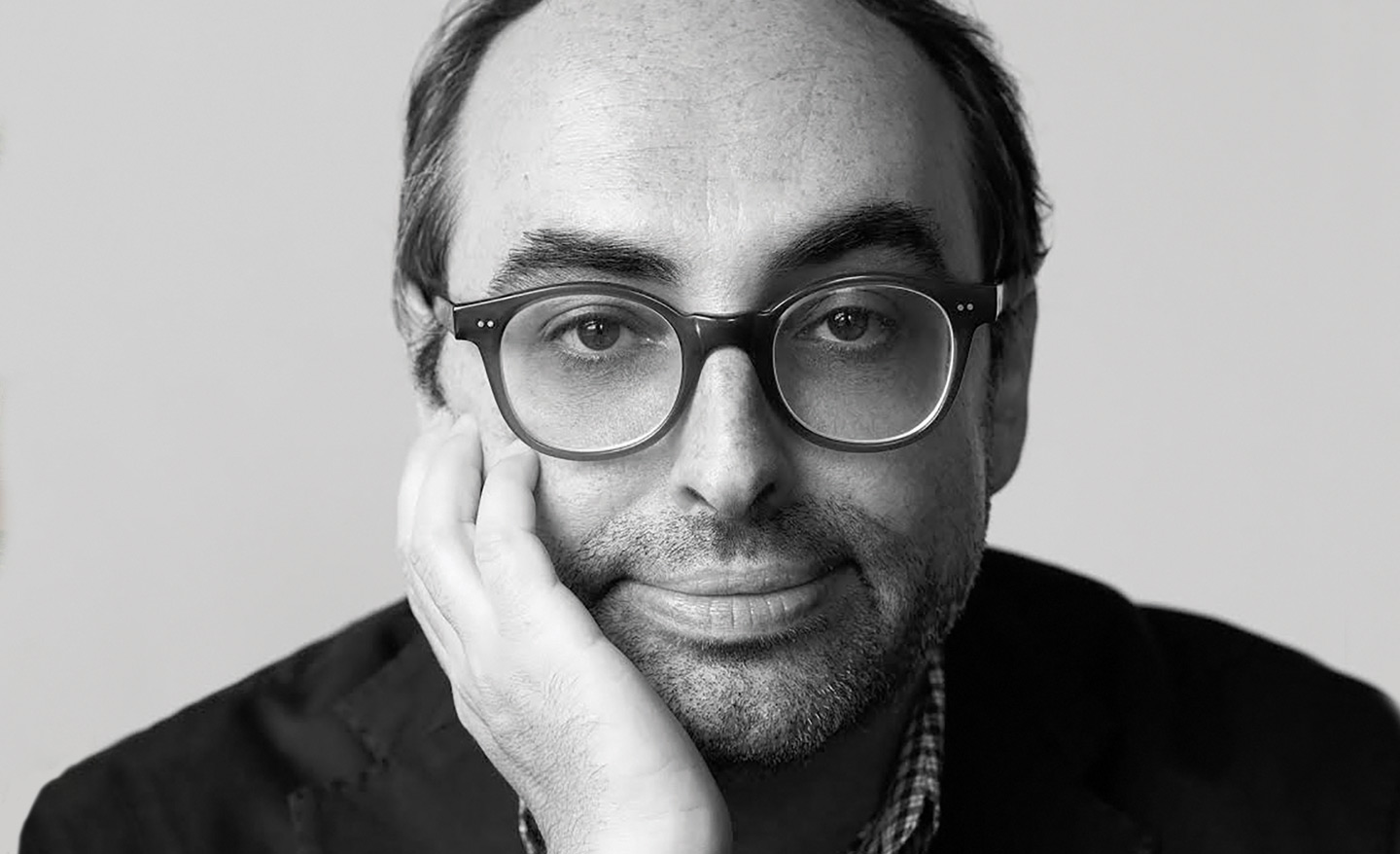Crack that Spine
Author Gary Shteyngart speaks to Maria P. Gonzalez about his 2014 memoir Little Failure.
MG:In Little Failure, you realized early on that writing is your calling, but when did you know satire was your style?
GS: I think I was always writing it kind of satire. When I was a child and still in Russia, I wrote Lenin and His Magical Goose, this book that my grandmother conditioned from me with cheese sandwiches after every finished chapter. It was about Lenin and a talking goose creating a socialist revolution in Finland. I think that was satire in its own right, too. And as for writing, I don’t know what I would have done, because I failed at everything else. I was the world’s worst paralegal after college, for example, so I knew that the only way to go was writing for me.
MG: What did you find challenging about writing a memoir versus fiction?
GS: It’s tough, because when you’re a writer you’re trained to not tell the truth all the time, because novels are essentially lies. But when you’re writing a memoir you have to stick to the truth. The difficult part of it was to try to have a lot of quality control when it came to what I remembered. So sometimes I would gather together a group of old friends and have a focus group to remind me of what was going on back then. High school in particular and college were hard to remember. There was a lot of partying.
MG:You describe in detail the awkwardness of growing up Jewish and Russian in New York. Do you feel like you fit in now as an adult?
GS: What really helps is that I got a car. I’d never driven before, but I got a car. And I spend half my time in upstate New York now. Driving to a mall, and putting family-sized rolls of Cottonelle or whatever it’s called into the trunk of my car, that makes me feel like a real American. All it takes is to get out of New York (City).
MG: How do you define your relationship with Russia now? Do you try to visit regularly still?
GS: The last time I tried to get on an airplane to Russia, I was told my visa wasn’t valid. So I don’t think they’re very keen to see me again. The book I’m writing now is the first book I’m writing that has nothing about Russia or Russians in it at all. I’m writing about America now; I’m writing about the summer of Trump because, in a way, things have gotten even worse than Russia. I always thought that Russia would become more like America over the years, but now it feels like the reverse is happening and America is more and more like Russia.
MG: What else can you share about your new book?
GS: It’s still a work in progress, but it does have the summer of 2016 as one of the topics of it, and the other topic is hedge funds and hedge fund brokers. The story I had in mind was the advent of somebody like Donald Trump who has all the authoritarian tendencies of Putin. It’s been my novel about America, but because America is in the precarious state that it’s in it feels almost like I’m writing about Russia again.
MG: What do you think has gone wrong in this country?
GS: It’s hard to read these days. We have too many distractions. I teach in a graduate program at Columbia University. I’ve had students say, ‘I can’t finish The New Yorker story; it’s too many words.’ I think part of the reason why we are where we are is because things like reading that promote democracy have been on the decline. Whereas you pick up social media, you get little bursts of information, tons of which are incorrect, and you’re able to sway people in a way that you would never be able to sway before.
MG: What do you tell your students most often about writing?
GS: They’re all writers, so what I tell them mostly is: find your voice. If you can write a sentence or paragraph that can’t be mistaken for anybody else’s, then you’re set. The other thing I tell them is to notice everything. The writer Saul Bellow said you have to be able to notice everything, and I think that’s absolutely right. Every little detail has to be jotted down. So being a writer is almost like being a doctor in some ways. You’re always on call, you’re always checking things out.
MG: Why are literature and literacy so important?
GS: The people who are in charge now don’t want you to read books. Reading is now a political act, too. So read because it’s beautiful and wonderful and read because you’re making a difference, too. There’s so much good stuff that happens when you crack that spine.
